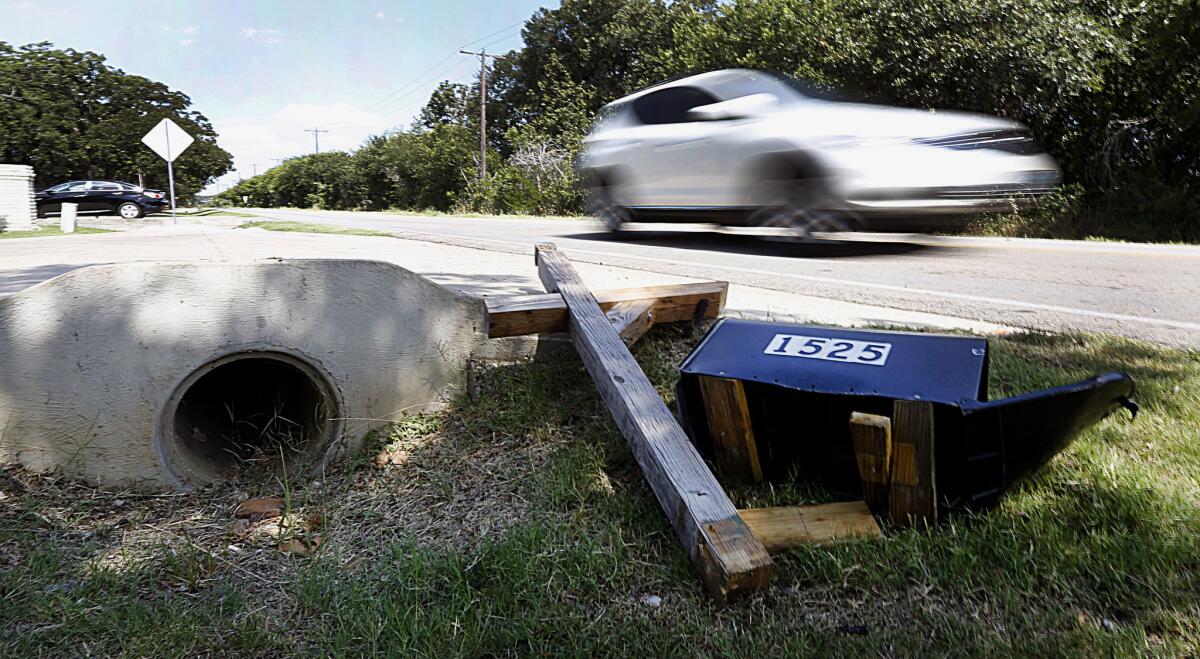A rush to judgment (and lawmaking) on ‘affluenza’

- Share via
Years ago, only half-facetiously, I suggested that the Constitution should be amended to require a year’s waiting period before the passage of any law inspired by a made-for-TV movie. I feel the same way about legislation fueled by outrage about idiosyncratic miscarriages of justice (or perceived miscarriages).
The latest example of this ambulance-chasing approach to lawmaking is a proposed bill by California Assemblyman Mike Gatto to prohibit defense attorneys from invoking “affluenza” as a defense at trial or as a mitigating factor in sentencing. “Affluenza” is the term offered by a defense psychiatrist to explain why a teenage drunk driver who killed four people in Texas should have been sent to a rehabilitation facility rather than prison.
“He never learned that sometimes you don’t get your way,” the psychologist said. “He had the cars and he had the money. He had freedoms that no young man would be able to handle.”
The judge did send 16-year-old Ethan Couch to rehab (while imposing a sentence of 10 years probation), though it isn’t clear that the “affluenza” argument was the deciding factor. Nevertheless, outrage was immediate. Journalists mocked the “affluenza” diagnosis as a trumped-up rationalization for rich man’s justice. Goldie Taylor, a journalist and MSNBC.com contributor, tweeted: “Can poor children now claim POVfluenza?”
And now Gatto has rushed to introduce legislation that would prevent the use of the “affluenza” defense in California, because, hey, California lawyers might decide in the future to assert it.
Can we take a deep breath here?
Strip away the pseudo-clinical term “affluenza,” and the defense argument was that overly indulgent parents can warp the judgment of their children. This is not exactly a radical idea. For centuries, parents have been warned not to spoil their kids. (It’s even in the Bible.) How influential such parental malpractice is in a child’s irresponsible actions is a different question.
As for a double standard, I suspect that a lot of people who are aghast at the idea of giving Couch a break because of the pathology of his spoiled upbringing have no problem with the idea that childhood poverty is an extenuating circumstance. (So, in the view of the Supreme Court, is the immaturity of adolescents regardless of how poor or rich they may be.)
The accident that resulted from Couch’s drunk driving was horrific. Like other drunk drivers who kill people, he committed the serious crime of manslaughter (not murder, through the latter term is being bandied about in denunciations of the sentence). Perhaps his family’s wealth played a role in his receiving the disposition he did; certainly the parents of a poor teenage drunk driver couldn’t pay the estimated $450,000 tab at the Newport Beach rehab facility where his family wants him to be treated. But such disparities won’t be solved by banning the “affluenza” defense.
ALSO:
Learning from the Kelly Thomas case
The best solution for Octomom’s children
In Jahi’s case, past time for a reality check
Follow Michael McGough on Twitter @MichaelMcGough3
More to Read
A cure for the common opinion
Get thought-provoking perspectives with our weekly newsletter.
You may occasionally receive promotional content from the Los Angeles Times.










